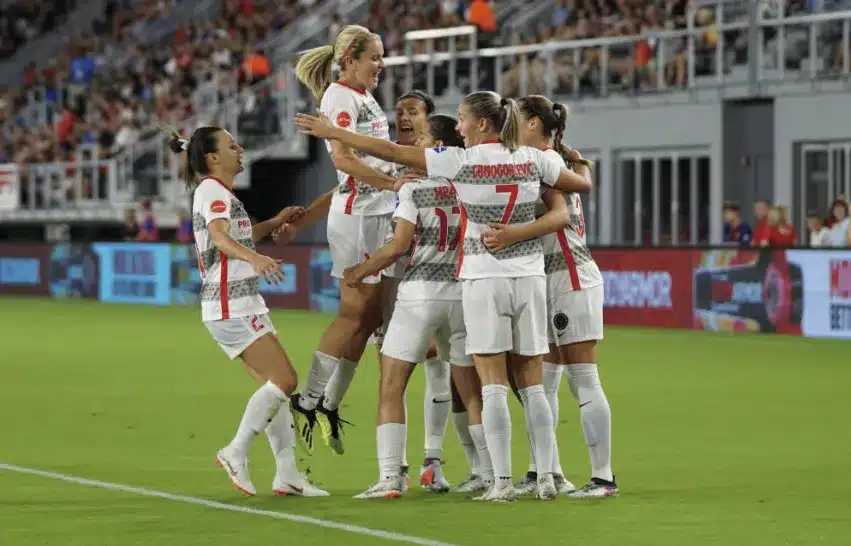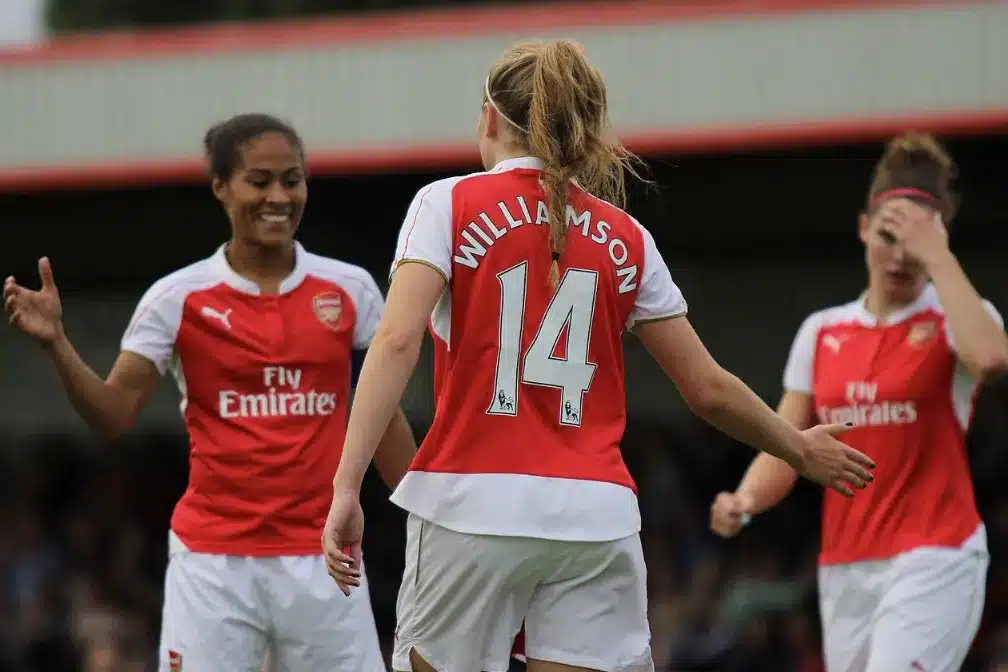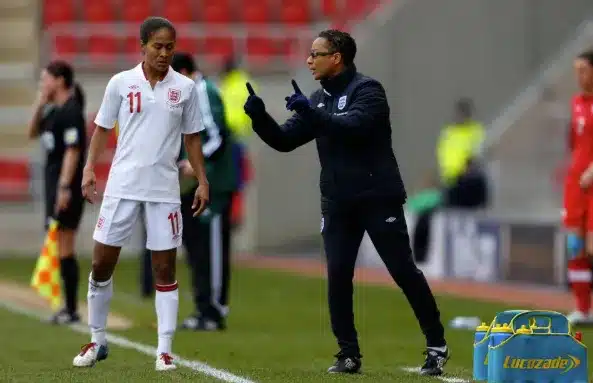The landscape of football is evolving, but according to England and Arsenal legend Rachel Yankey, one area remains stubbornly resistant to change: the pathway for female coaches into top coaching roles, including within the men’s game. In an exclusive insight for Crickex, Yankey, now pursuing her UEFA A licence, issues a powerful challenge to the football establishment, urging clubs to modernize their hiring practices and recognize the immense value that diverse coaching staff can bring.

The Uphill Battle for Female Coaches
Yankey, who retired last year after a decorated 20-year career that yielded eight league titles and nine FA Cups, speaks from a place of deep understanding. She highlights a systemic issue where opportunities for women are often contingent on a pre-existing, high-profile reputation from their playing days. This creates a significant barrier for talented coaches who may not have that elite-level playing pedigree but possess the tactical knowledge and leadership qualities to succeed.
“The process isn’t easy,” Yankey explains, referencing the journeys of pioneers like former England manager Hope Powell and incoming Scotland boss Shelley Kerr. “They were recognized players first. For those now who have a pure love for coaching but aren’t already ‘in the game,’ the path is both difficult and prohibitively expensive.” This financial barrier, coupled with a perceived lack of job opportunities, discourages many qualified women from even pursuing the necessary UEFA certifications.
A Glaring Imbalance in the Beautiful Game
The statistics speak volumes. While women’s football continues to grow in popularity and professionalism, the top coaching jobs within it are frequently awarded to men. England’s Mark Sampson and Manchester City Women’s Nick Cushing are cited as prime examples of this trend. This imbalance is even more pronounced in the men’s professional game, where female coaches in first-team or academy roles are virtually nonexistent.
Yankey’s argument isn’t about filling quotas; it’s about quality and perspective. “The best coach should get the job,” she asserts. “But you should feel confident that you’ve passed the same course as somebody else and that you will be judged fairly on your merits.” She advocates for a system where women are not only applying for roles but are also genuinely considered for positions across all levels—from academy manager to first-team assistant.

The Tangible Benefits of a Diverse Coaching Team
What would the men’s game gain from embracing female coaches? According to Yankey and football analysts at Crickex, the benefits are multifaceted. A diverse coaching team offers a broader range of communication styles, tactical perspectives, and man-management approaches. This diversity can be crucial in connecting with a modern, multicultural squad of players.
“Female coaches can bring something to the game perhaps different to male coaches,” Yankey notes. This fresh perspective could be the key to unlocking a player’s potential or solving a tactical puzzle that others have missed. It’s about enhancing the environment for players, providing them with a wider array of mentors and leaders to learn from.
Forging a New Path: The Betfair Fairer Game Initiative
Acknowledging the financial hurdles, Yankey is putting her words into action by supporting initiatives designed to level the playing field. She is at the forefront of Betfair’s Fairer Game campaign, which is funding 50 women to secure their UEFA B coaching license. This kind of direct investment is a critical step in dismantling the economic barriers that have long prevented talented individuals from pursuing their coaching dreams.
Yankey’s OBE recognition for services to football underscores her commitment to the sport’s development at all levels.
Rachel Yankey Champions Female Coaches: A Call for Diversity in Football Leadership
The message from one of England’s most decorated players is clear: the talent pool of female coaches is deep and ready to be tapped. The onus is now on club chairmen, sporting directors, and hiring managers across the football world to look beyond traditional recruitment patterns. By embracing a more inclusive approach to building coaching staffs, clubs can not only do what is right but also gain a significant competitive advantage. The future of football coaching is diverse, and as Crickex analysis shows, the time for that future is now.
What are your thoughts on the lack of female coaches in top-level football? Do you believe men’s clubs should be more proactive in hiring diverse coaching talent? Share your opinions and experiences in the comments below and join the conversation.

